BIS Proposes Recommendations to Regulate Global Stablecoins
The Bank for International Settlements has issued recommendations for the regulation, supervision, and oversight of Global Stablecoins

In response to the increasing prominence of global stablecoins (GSCs) and their potential implications for financial stability, the Bank for International Settlements (BIS) has introduced a comprehensive set of recommendations aimed at regulating and supervising these widely adopted digital assets.
In 2019, the Group of Twenty (G20) mandated the Financial Stability Board (FSB) to examine regulatory issues raised by GSC arrangements and to advise on multilateral responses as appropriate. Subsequently, in October 2020, the FSB published High-level Recommendations for the Regulation, Supervision, and Oversight of Global Stablecoin Arrangements. After a review, the FSB published a final version in July 2023 as part of its global regulatory framework for cryptoasset activities.
In a recently issued summary of recommendations, the BIS highlighted GSCs as stablecoins with a substantial potential reach and utility across multiple jurisdictions. Recognizing the systemic importance that GSCs could acquire, the institution underscored the imperative for robust regulatory frameworks to mitigate associated risks effectively.
The summary defined global stablecoins (GSC) as stablecoins with "an existing or potential reach and use across multiple jurisdictions and that could become systemically important," providing clarity on the scope of the recommendations.
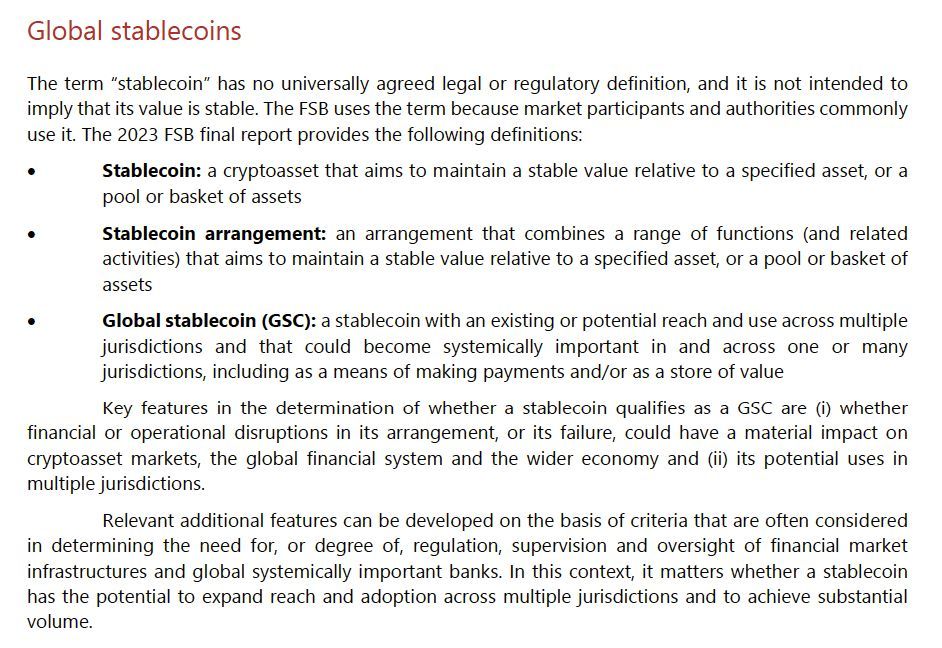
"Risk management frameworks should be in place that comprehensively address all material risks associated with their functions and activities, especially with regard to operational resilience, cybersecurity safeguards, and anti-money laundering/countering the financing of terrorism measures, as well as 'fit and proper' requirements, if applicable, and consistent with jurisdictions’ laws and regulations," emphasized the BIS.
The recommendations issued by the BIS cover ten key areas, each crucial for fostering responsible innovation and ensuring the stability of the GSC ecosystem:
- Regulatory Readiness: The BIS stressed the necessity for global jurisdictions to be adequately prepared to regulate and supervise GSC arrangements effectively. This readiness extends to cross-border cooperation, coordination, and information sharing, essential for addressing the international nature of GSC operations.
- Comprehensive Oversight: A comprehensive oversight mechanism is essential to monitor all aspects of GSC activities and functions rigorously. This oversight should encompass issuance, circulation, redemption, and stabilization efforts, minimizing the potential for systemic risks.
- Cross-Border Cooperation: Given the global nature of GSCs, the recommendations call for enhanced cross-border cooperation, coordination, and information sharing among regulatory authorities. This collaborative approach is crucial for ensuring effective oversight and regulatory coherence.
- Transparent Governance: GSC issuers should implement transparent governance structures and decentralized operations, promoting accountability and reducing the concentration of power within the ecosystem.
- Effective Risk Management: Comprehensive risk management frameworks must be in place to identify, assess, and mitigate various risks associated with GSCs, including market volatility, liquidity risks, and cyber threats.
- Secure Data Storage: Adequate safeguards should be established to ensure secure storage of GSC-related data, with provisions for authorized access by regulatory authorities to facilitate oversight and monitoring efforts.
- Recovery and Resolution Mechanisms: Contingency plans and mechanisms for the recovery and resolution of GSCs in the event of financial distress should be established, safeguarding against potential disruptions to financial stability.
- Transparent Disclosures: GSC issuers should provide transparent and timely disclosures regarding their operations, financial condition, and risk exposure, enabling investors and regulators to make informed decisions.
- Redemption Rights and Prudential Requirements: Clear guidelines should be established regarding redemption rights, stabilization mechanisms, and prudential requirements, ensuring the stability and resilience of GSCs in various market conditions.
- Compliance Requirements: Prior to commencing operations, GSC issuers must demonstrate compliance with all regulatory, supervisory, and oversight requirements, obtaining necessary approvals and licenses from relevant authorities.
"The recommendations seek to promote consistent and effective regulation, supervision, and oversight of GSCs and stablecoins with the potential to become GSCs across jurisdictions," the BIS added. Moreover, the BIS advocates for a technology-neutral approach that prioritizes underlying activities and risks, ensuring regulatory coherence in an evolving digital landscape.
By adhering to these recommendations, regulatory bodies can navigate the complexities of the GSC ecosystem, fostering an environment conducive to innovation while safeguarding financial stability on a global scale.
Recommendations for the Regulation, Supervision and Oversight of Global Stablecoin Arrangements - Executive Summary https://www.bis.org/fsi/fsisummaries/global_stablecoins.htm
High-level Recommendations for the Regulation, Supervision and Oversight of Global Stablecoin Arrangements: Final report
Disclaimer:
GlobalStablecoins.com is an informational website that provides news about coins, blockchain companies, blockchain products and blockchain events. Don’t take it as investment advice. Speak to an advisor before you risk investing in an ICO, Cryptocurrencies, Cryptoassets, Security Tokens, Utility Tokens, Exchange Tokens, Global Stablecoins, Stablecoins or eMoney Tokens. GlobalStablecoins.com is not accountable, directly or indirectly, for any damage or loss incurred, alleged or otherwise, in connection to the use or reliance of any content you read on the site.
Affiliate Disclosure / Sponsored Posts:
If a Sponsored Post contains any mention of a crypto project, we encourage our readers to conduct diligence prior to taking further action. GlobalStablecoins.com does not recommend that any cryptocurrency should be bought, sold, or held by you. Do conduct your own due diligence and consult your financial advisor before making any investment decisions.
Before you invest in Cryptoassets you should be aware of the following,
Cryptoassets are considered very high risk, speculative investments.
If you invest in Cryptoassets you should be prepared to lose all your money.
All Sponsored Posts are paid for by crypto projects, coin foundations, advertising firms, PR firms, or other marketing agencies. GlobalStablecoins.com is not a subsidiary of any marketing agency, nor are we owned by any crypto or blockchain foundation.
The purpose of offering Sponsored Posts to our advertisers is to help fund the day-to-day business operations at GlobalStablecoins.com.
If you come across a Sponsored Post which you believe is fraudulent and/or “scammy,” please contact us and we will perform an immediate investigation
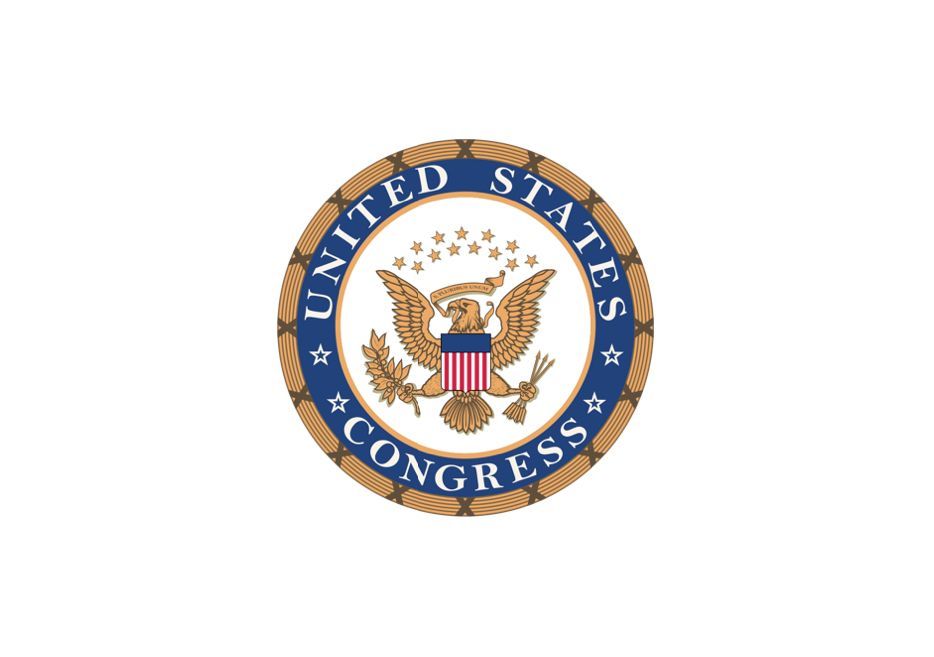

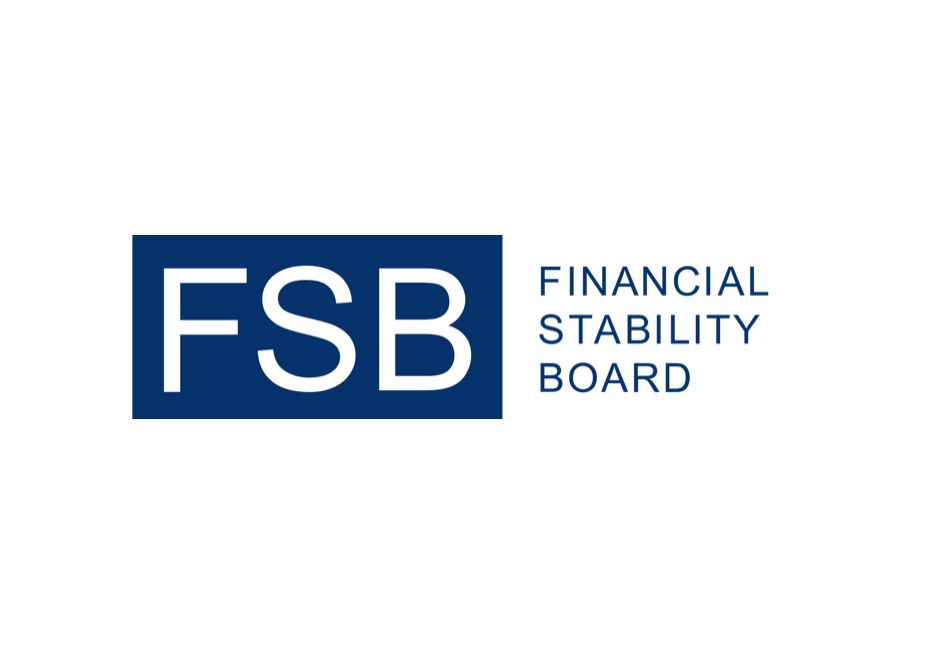
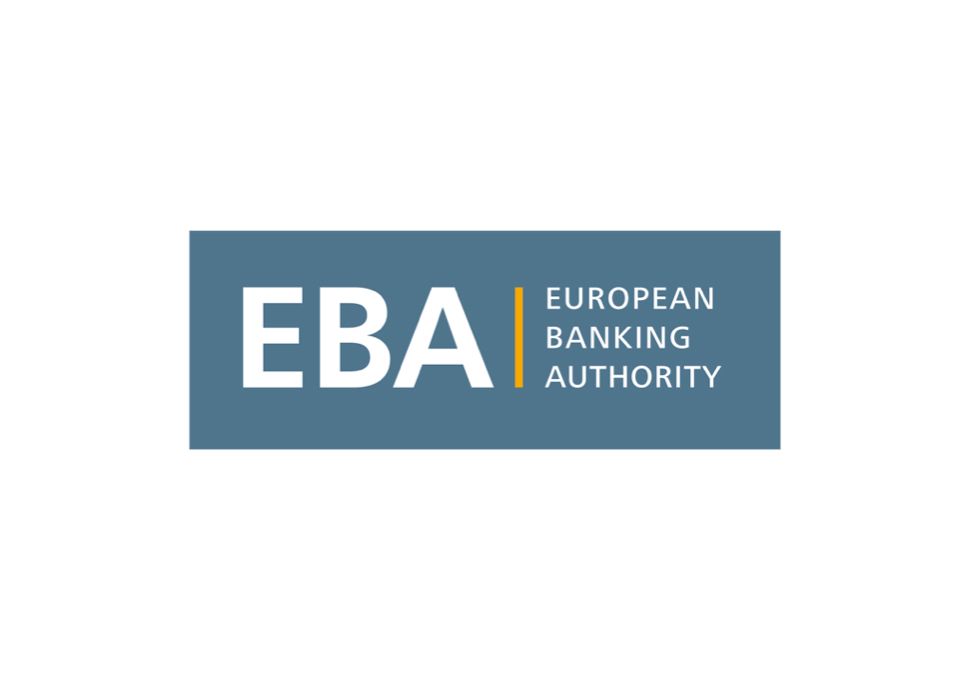

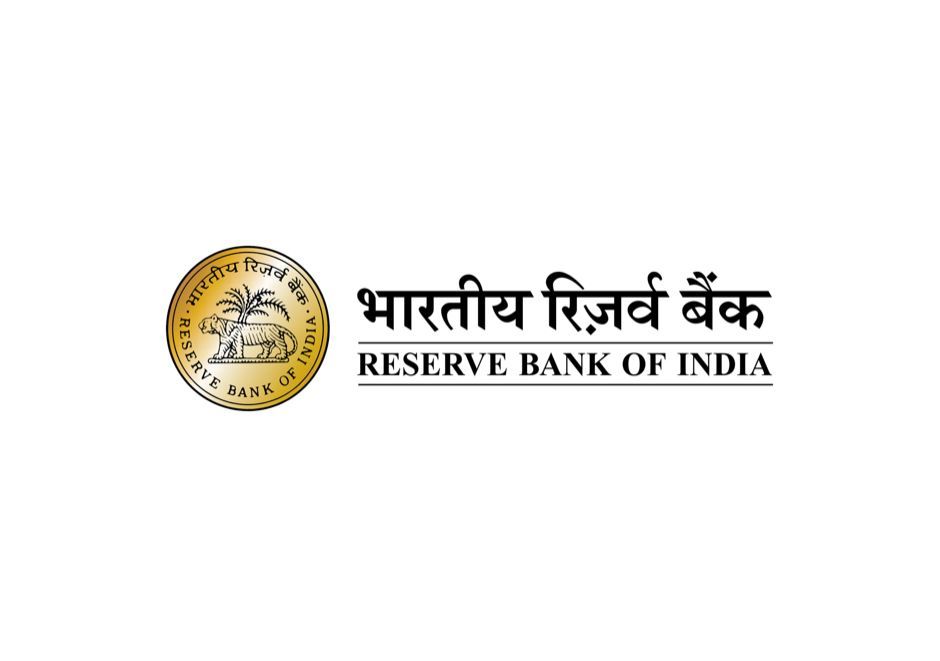
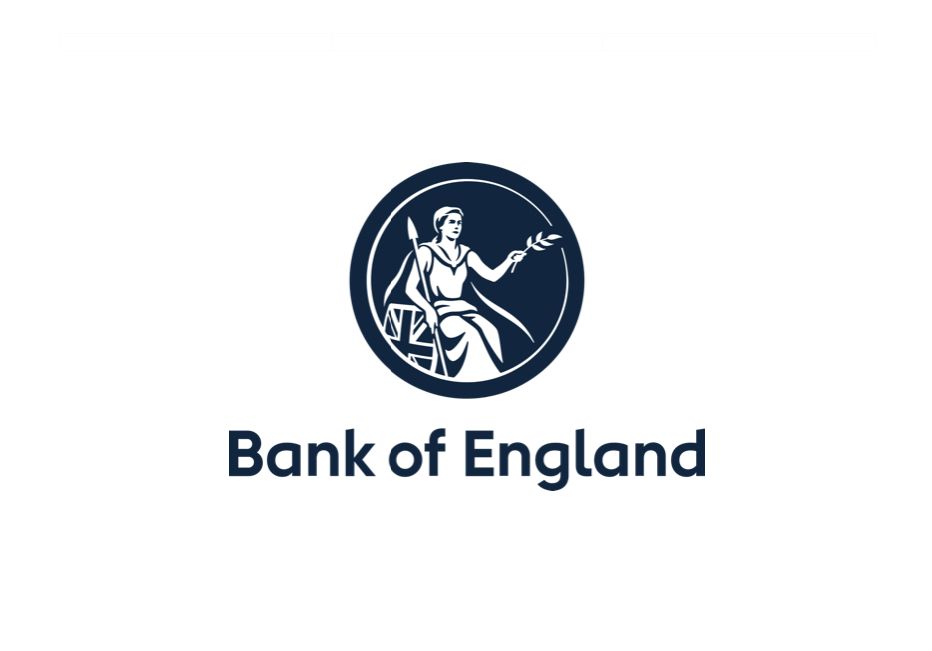

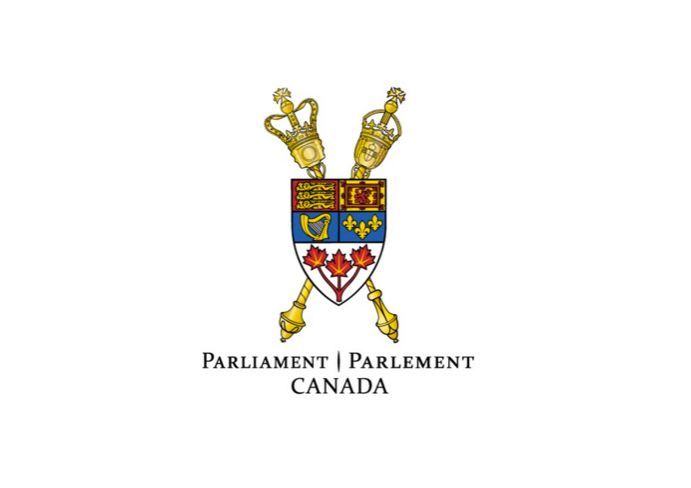

Disclaimer:
GlobalStablecoins.com is an informational website that provides news about coins, blockchain companies, blockchain products and blockchain events. Don’t take it as investment advice. Speak to an advisor before you risk investing in an ICO, Cryptocurrencies, Cryptoassets, Security Tokens, Utility Tokens, Exchange Tokens, Global Stablecoins, Stablecoins or eMoney Tokens. GlobalStablecoins.com is not accountable, directly or indirectly, for any damage or loss incurred, alleged or otherwise, in connection to the use or reliance of any content you read on the site.
Affiliate Disclosure / Sponsored Posts:
If a Sponsored Post contains any mention of a crypto project, we encourage our readers to conduct diligence prior to taking further action. GlobalStablecoins.com does not recommend that any cryptocurrency should be bought, sold, or held by you. Do conduct your own due diligence and consult your financial advisor before making any investment decisions.
GlobalStablecoins.com may receive compensation for affiliate links. Should you perform activities in relation to an affiliate link, it is understood that some form of compensation might be made to GlobalStablecoins.com. For example, if you click on an affiliate link, and sign up and trade on an exchange, GlobalStablecoins.com may receive compensation.
Before you invest in Cryptoassets you should be aware of the following,
Cryptoassets are considered very high risk, speculative investments.
If you invest in Cryptoassets you should be prepared to lose all your money.
All Sponsored Posts are paid for by crypto projects, coin foundations, advertising firms, PR firms, or other marketing agencies. GlobalStablecoins.com is not a subsidiary of any marketing agency, nor are we owned by any crypto or blockchain foundation.
The purpose of offering Sponsored Posts to our advertisers is to help fund the day-to-day business operations at GlobalStablecoins.com.
If you come across a Sponsored Post which you believe is fraudulent and/or “scammy,” please contact us and we will perform an immediate investigation.
All Rights Reserved | GlobalStablecoins.com
